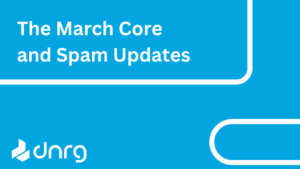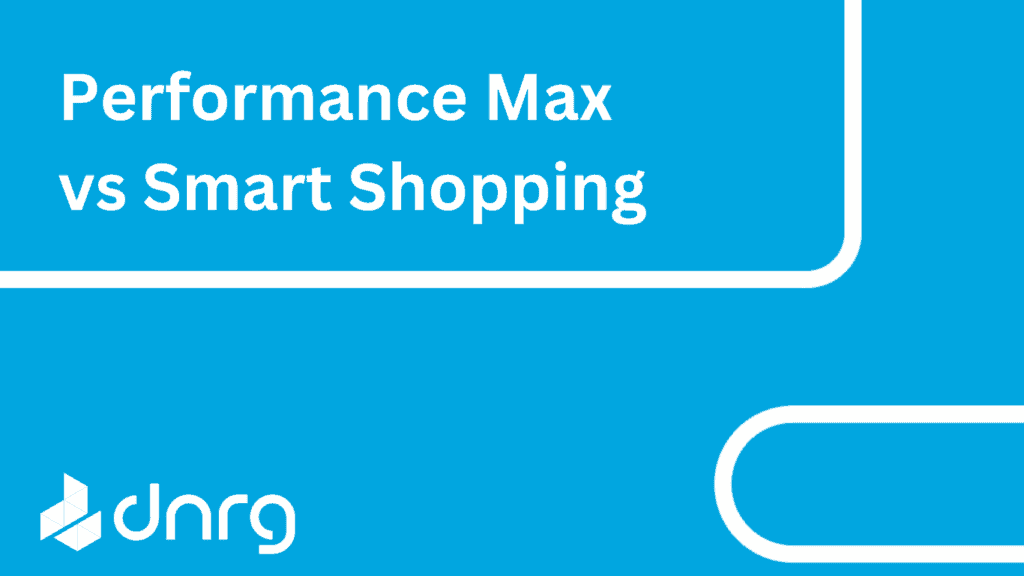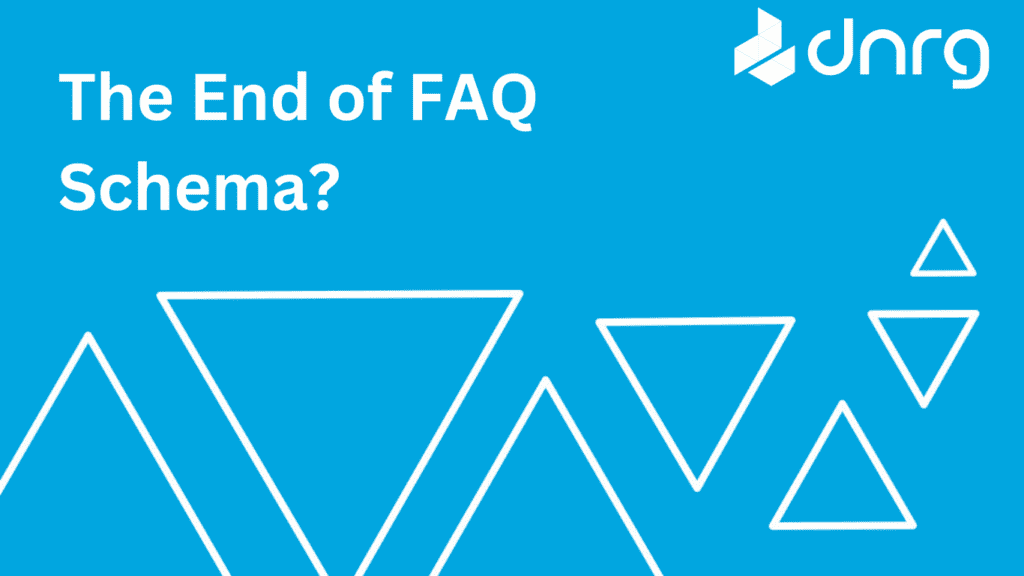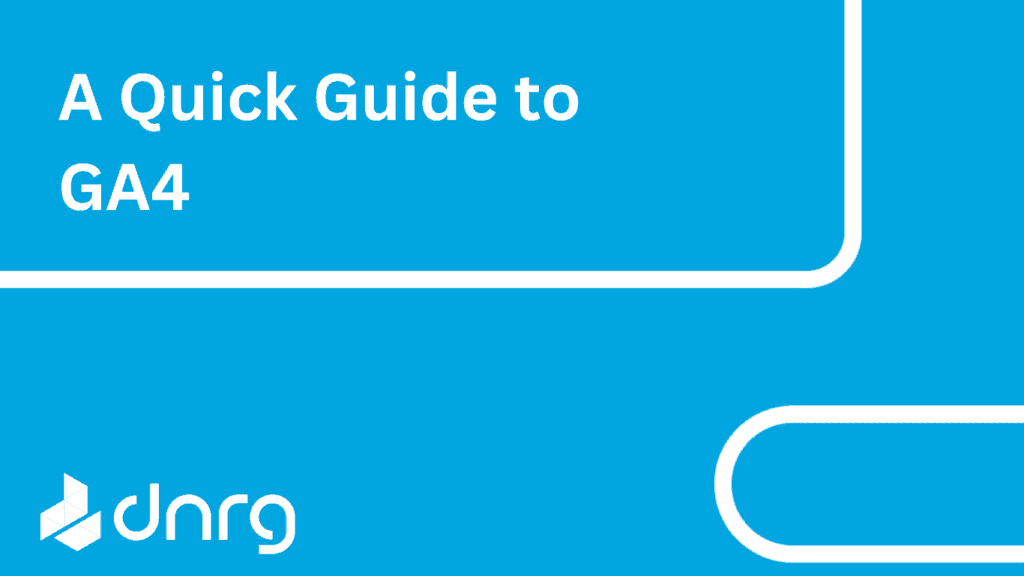In recent months, Google has continued to update their search algorithms, with the third core update coming inside six months. The March core update, coupled with a March spam update running concurrently, is taking place not long after the October and November core updates. So what is the March core update looking to target, and what is the additional spam update set out to achieve?
How Big is the March Core Update?
March’s Core Update is being seen as one of the biggest disruptors to the search engine results pages (SERPs) for years, “on the same impact level” of the Florida update in 2003, Panda update in 2011 and Penguin update in 2012; according to Roger Montti from Search Engine Journal.
Each of the previous three large updates has huge impacts on the SERPs. Florida was the first major update of its kind, and whilst Google has never confirmed what it specifically targeted, the common belief is it was a link analysis algorithm. The resulting impact on the SERPs was significant, and many sites were penalised with lost rankings, even some innocent non-spammy sites labelled as ‘false positives’.
Panda looked to assign a content quality score to each page and would downgrade sites with low-quality, spammy or thin content. Penguin, however, focused on backlink profiles, penalising sites that had unnatural or poor-quality link profiles, or sites that seemed to be buying links from link building networks.
What’s Been Included in the March Core Update?
The March core update has focused on tackling spammy and low-quality content on search results, which up until recently have still sometimes fooled the algorithms and ranked high on results pages. There are three areas Google is tackling: scaled content abuse, site reputation abuse and expired domain abuse.
Scaled content abuse, in Google’s own words, is to prevent people “producing content at scale to boost search ranking[s]” either through “automation, humans or a combination” of both. Whilst low-quality or unoriginal automated content has long been against Google’s policies, Google are strengthening it in light of continuing developments in the world of AI. It means that AI-generated content should be used with caution, and also shouldn’t be uploaded without any form of human editing process.
Site reputation abuse relates to third parties posting low-quality content on a high-reputation site in order to piggyback on the success of the site’s reputation. The example Google gives is “a third party might publish payday loan reviews on a trusted educational website to gain ranking benefits”. Any such content being present could mean the whole site gets penalised as a result, as Google will from May consider this content to be spam.
The third is expired domain abuse, where expired domains are purchased with the intention of being used to house low-quality and unoriginal content, taking advantage of the reputation and backlink profile that the old site used to have. Google will now identify the practice of purchasing and repurposing domains with low-quality content as spam.
What are the Results?
The impacts of the March core update are already starting to be felt on a number of sites. One big impact is some spam sites being completely de-indexed, which means you cannot find them in the SERPs at all, no matter what you search.
Google has also started to add manual penalties to sites it feels don’t comply with its spam policies, essentially meaning they contain spammy or low-quality content. Instead of an algorithm determining this, manual actions are indeed manual, where a human reviewer has determined that the site falls foul of the spam policies. These manual actions, depending on the severity of the non-compliance, can suffer from a dip in rankings or could be removed from the search results entirely.
And with the sites being hit, a pattern does start to emerge. The majority of the sites being impacted can be grouped into two categories: sites with exclusively AI-generated content, and link building websites. Scaled production, and mass uploading, of AI content can attract attention that’ll see you drop in the SERPs, whilst the link equity brought in from link building sites will be greatly reduced.
The key takeaway from this is to focus on writing unique and informative high-quality content that is written by people for people and follows E-E-A-T principles, and to write it in such a way that people will naturally link to your content and to your site.
The March Spam Update
Google announced that alongside the March core update has been the spam update. The core update itself does cover spam, and the spam update seems to be closely linked to this. According to Google themselves, they “occasionally make notable improvements” to how their “automated systems to detect search spam” operate.
While Google’s automated systems to detect search spam are constantly operating, we occasionally make notable improvements to how they work. When we do, we refer to this as a spam update and share when they happen on our list of Google Search ranking updates. This is probably in reference to making improvements to SpamBrain, their AI-based spam-prevention system.
Beat The Algorithm Updates with SEO from DNRG
The way to combat algorithm updates is to futureproof your website from any future penalties or negative ranking changes. This is best done through SEO, which implements the best practices that Google is looking for. Examples of this include: writing high-quality content that seamlessly intertwines keywords with helpful information, speeding up page loading speed to improve user experience, and building natural backlinks through outreach.
At DNRG we’re always on top of the latest algorithm updates, preventing our client’s accounts from being subject to penalisation from Google, whilst also seeking to benefit from increased ranking positions and traffic by following their principles. To see how your website performs, you can receive an SEO audit from DNRG, and can contact one of our experts to start your SEO journey.




